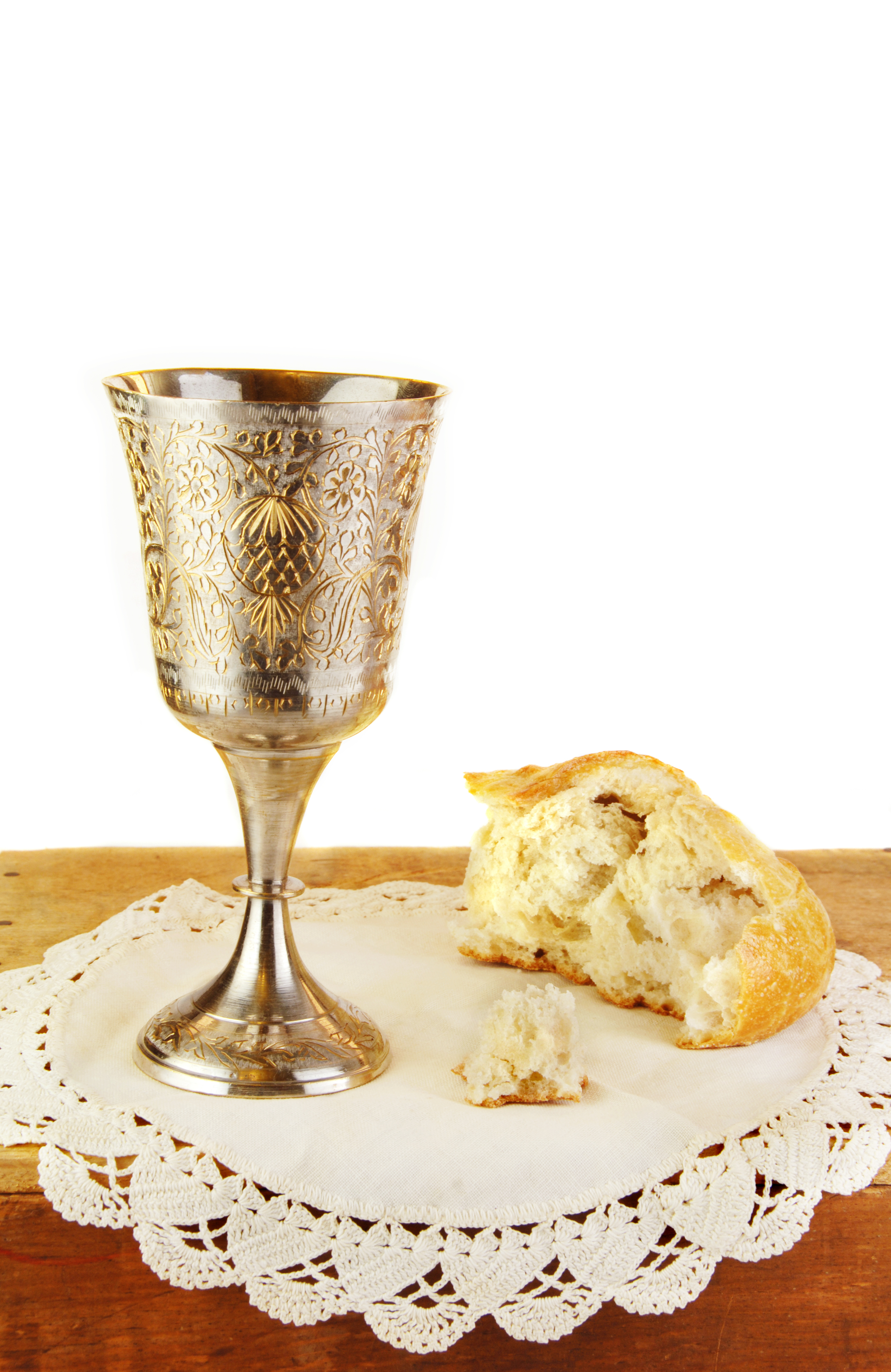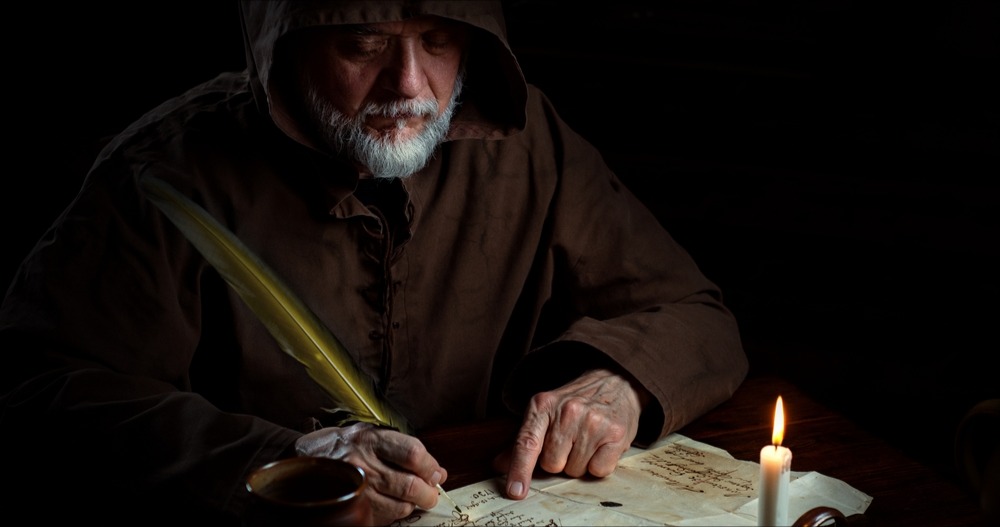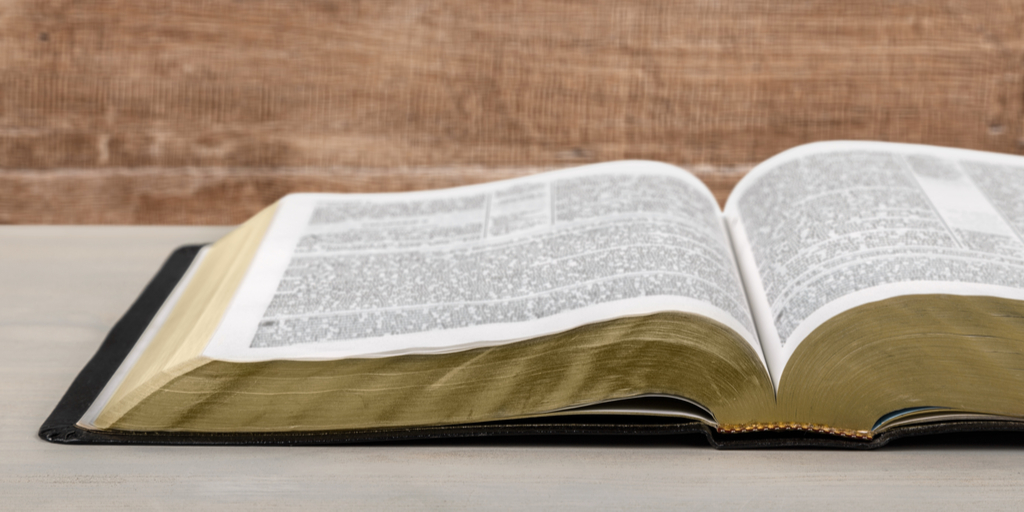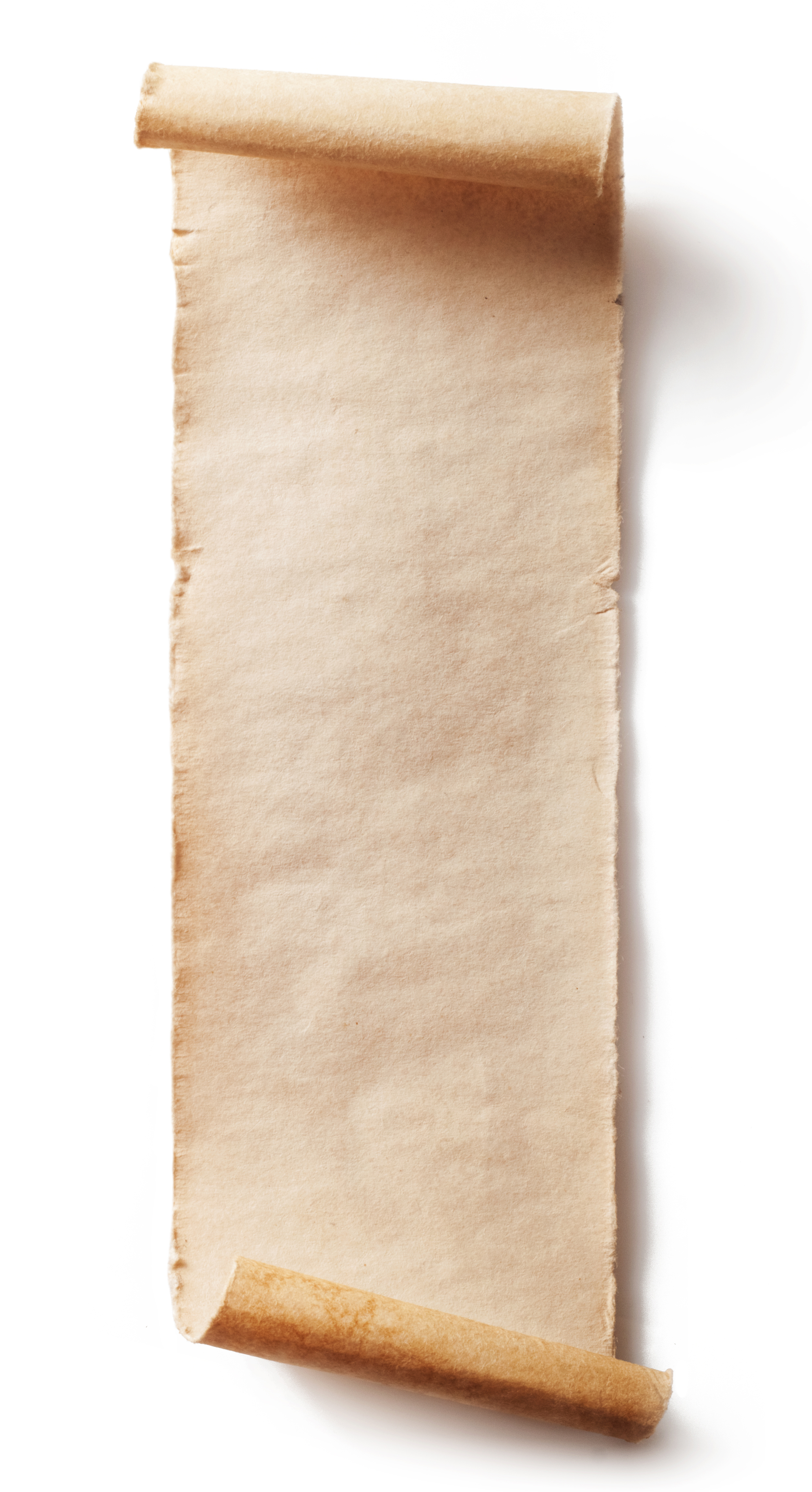The Breaking Of Bread

Read Luke 22:14-20
Part 2
Each of the gospels describe the occasion when the breaking of bread was instituted; however, only the first three provide the actual details of the Lord’s Supper. As we review the separate records of this occasion, it is clear that the Supper was celebrated only by the Lord Himself and those of His own truly linked by His love.
John 13:30 clearly states that Judas was not present: “he then, having received the sop, went immediately out, and it was night.” The Passover was celebrated: any Jew who was “ceremonially clean” could participate, and Judas did so. Immediately after his departure, we see that only His own, those bound to Him by links of love, participated in the Lord’s Supper. Thus only those who are truly saved should partake in this, the Lord’s Supper.
It is in Luke’s gospel that we find the fullest account of this celebration of love. It is only in this account that the very personal character is given:
“This is My body, which is given for you. This do for a remembrance of Me.”
“This cup is the new covenant in My blood which is shed for you.”
This expression of the bond of love, established by the death of Christ, is surely the foremost thought in partaking of the Supper. It has been said that in Luke’s account we have the Lord Himself showing His disciples in what way He could still be with them after His departure; that is, in the Supper they would “call HIM to mind.” It is not simply recalling a mere historical event, rather in partaking of the bread and wine there is a calling to mind (literal meaning of remember) of Himself, in a very personal way. The reality of His death would surely occupy the heart at such a moment, but at the same time, there is the full recognition of Him as the Living One, “alive for evermore,” the “firstborn among many brethren.”
The link we observe between the Passover and the Lord’s Supper is most touching. The Passover recalled the night “much to be remembered” when the blood of the slain lamb was sprinkled on the doorposts and the lintel of the house of those in Egypt who were sheltered from the judgment past upon the guilty around them. It was more for the Israelites the pledge of redemption, not only to bring them out of bondage but to bring them in to the good land of God’s purpose. A type maintained for 1,500 years of our blessed Lord, the true Passover lamb, whose death is the basis and pledge of a redemption and deliverance far deeper and wider than any Israelite ever knew or dreamed of. Is it not wonderful to see the fulfillment of the type on the Passover day itself, “our Passover, sacrificed for us?” Surely this touches the heart anew as the words of our Lord echo in our ear, “with desire I have desired to eat this Passover with you before I suffer” (Lk. 22:15). In eating the Passover with His disciples, our Saviour associated Himself with the godly remnant of the day, taking care to eat it earlier than usual among the Jews. It is clear that the Jews generally ate the Passover on Friday afternoon, as we would say, while the Lord ate on Thursday evening. The result being, that at the time when the Passover was generally eaten, the true Passover Lamb was offered.
The Passover being eaten, the Lord formally sets it aside for the time being, with the declaration that He will no more eat thereof until the Kingdom of God should come. This is, no doubt, a reference to the establishment of the Kingdom in display and power. It is the Lord’s own pledge that, despite the appearance of everything seeming to be closed by His rejection and death, nothing of God’s purpose will fail, every promise of God as to Christ will be fully realized. In the meantime, a new order is brought in and instituted in the Lord’s Supper. This little company around Himself on that betrayal night represented the whole company who, by eating of the bread and drinking of the cup, show forth His death - that is His rejection here - until His coming again.
How it captivates our hearts as we think of the Lord, who had full knowledge of all that would come out in His Own - their denial, forsaking, and flight in the presence of danger - expressing the yearning of His love for them; that love which would have them close about Him in that dark hour.
Then we remember the gracious words of the Lord in that upper room and on the way to Gethsemane in John 13-17. It would appear that as the pressure grew, His heart found relief in bringing out the riches of divine love. These riches, no doubt so precious to those around Him that night, have cheered the hearts of all the saints who have been brought into this circle of divine love.




